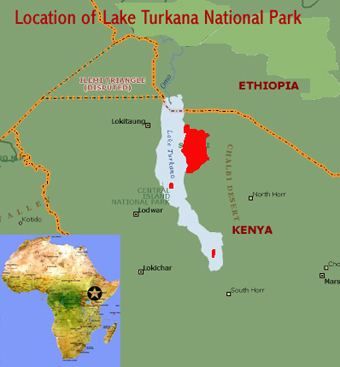Share this
BY JOHN MUCHANGI
World Health Organisation (WHO) has ridiculed plans by cigarette manufacturers in Kenya to fly some local politicians to a beach resort for a “sensitisation retreat”.
The cigarette makers are fighting stiff anti-smoking regulations that the ministry of health has proposed.
Head of WHO’s department for prevention of non-communicable diseases Dr Douglas William Bettcher said on Wednesday the tobacco firms were behaving like cockroaches.
“They like to work in the dark. They hire scientists and front groups to work for them. They have also tried to infiltrate the WHO for decades,” he said yesterday at the World Conference on Tobacco or Health (WCTOH) in Abu Dhabi.
The tobacco firms said they wanted to sensitise the Kenyan Members of Parliament on the proposed regulations to strengthen the 2007 Tobacco Control Act.
Chairperson of the parliamentary committee on health Racheal Nyamai said on Wednesday they have rejected the retreat offer. The politicians had also been promised attractive extraneous allowances.
WHO director General Dr Margaret Chan (above) said interference by the tobacco industry must be stopped.
He said the firms must not be involved when health professionals draft anti-smoking regulations to stop cancer and cardiovascular diseases among others.
“One thing I know, never trust tobacco industry. They fund political parties and individual politicians to work for them,” she said.
The two spoke at the ongoing WCTOH meeting in Abu Dhabi attended by government representatives and anti-tobacco advocates across the world.
WHO says tobacco use is the most alarming risk factor for non-communicable diseases causing millions of deaths every year all over the world.

Kenya’s Ministry of Health says it has been unable to pass the anti-smoking regulations the last seven years, due to “intimidation” and “interference” from the tobacco industry.
The regulations were finally published in December last year but Parliament must approve them before they can take effect.
Tobacco use is the biggest known cause of lung cancer, currently the leading type of cancer among Kenyan men.
According to the Kenya Health Demographics Survey of 2008/2009, 19 per cent of Kenyan males above 15 years smoke while less than 2 per cent of Kenyan women of the same age use tobacco.
The Global Youth Tobacco Survey (GYTS) 2007 found that 8.2% of schoolchildren 13 to 15 years of age smoke cigarettes.
The 2007 tobacco control act introduced written warnings on cigarette packets and banned smoking in public places.
However, subsequent surveys show the number of Kenyans smoking has not dipped. The ministry had been seeking to strengthen the law through stiffer regulations, which are similar to those in force in many countries.
The ministry proposes graphic images on cigarette packets and ban on smoking in private cars to protect babies and small children.
In the on-going WCTOH, increasing taxes on cigarettes has been named the most effective way to reduce smoking.
British American Tobacco controls 70 per cent of the Kenyan cigarette market, followed by Mastermind Tobacco.
– See more at: The Star





















